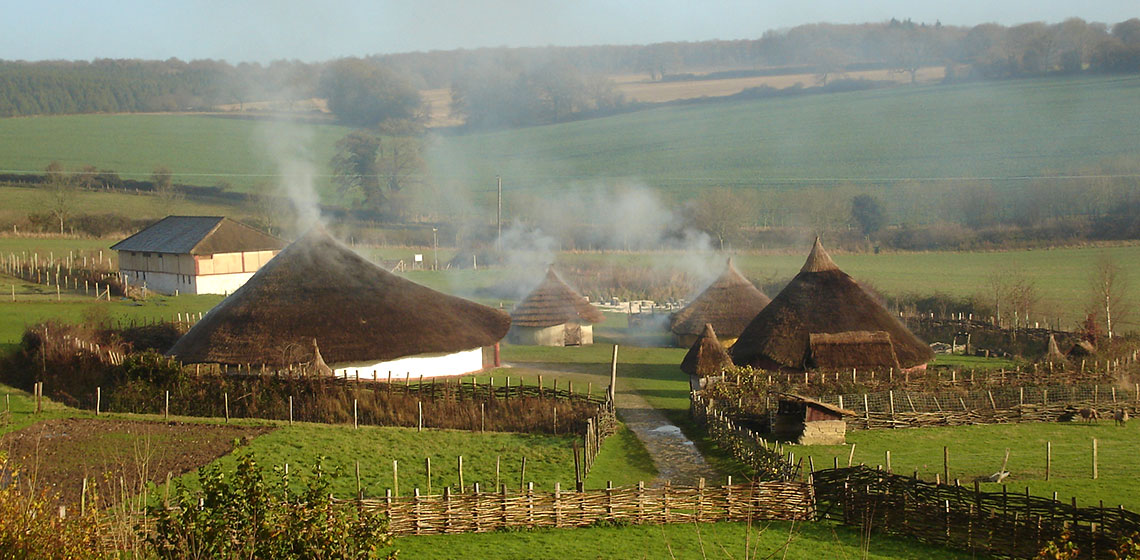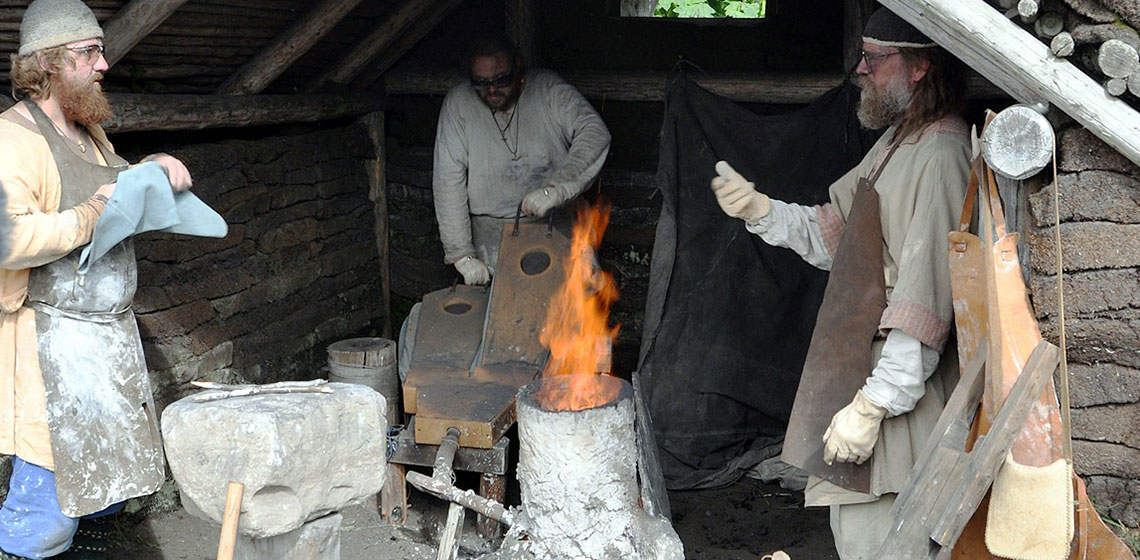The Museu de Prehistòria de València is a scientific institution dedicated to preserving, researching and disseminating the archaeological prehistoric heritage of the province of Valencia. It is a cultural resource of the Valencian society in so far it preserves his heritage; it contributes to the enhancement of its cultural level and its integral development.
The Museu de Prehistòria de València is a scientific institution dedicated to preserving, researching and disseminating the archaeological prehistoric heritage of the province of Valencia. It is a cultural resource of the Valencian society in so far it preserves his heritage...









